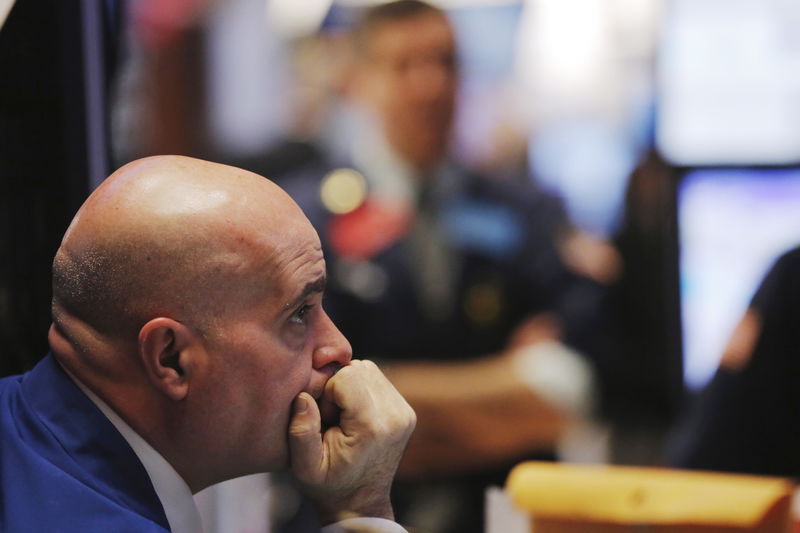Abhijit Ganapavaram
(Reuters) – Joby Aviation (NYSE:) said Thursday that U.S. aviation regulators have authorized the use of the air taxi maker’s own software to perform tasks such as managing pilot workloads and matching passengers to aircraft, similar to ride-hailing apps.
The choice of the operating system, known as ElevateOS, comes as Joby prepares to launch commercial air taxi operations as early as 2025.
The company, headquartered in Santa Cruz, California, is one of several manufacturers of air taxis, also known as electric vertical take-off and landing (eVTOL) aircraft, that have emerged over the past few years with the promise of decongesting urban travel by offering intracity rides .
Joby has commercial agreements to integrate software with Uber Technologies (NYSE:) and Delta Air Lines (NYSE:), which will allow passengers to book and pay for flights, Bonnie Simi, Joby’s president of operations, told Reuters in an interview.
ElevateOS was approved for use by the US Federal Aviation Administration (FAA) under Part 135 certification, which Joby received in 2022, she said, adding that the company tested the system by flying employees between its sites.
The air taxi maker also plans to make money by selling software as a service. The company’s eVTOL aircraft is designed to carry a pilot and four passengers at speeds of up to 200 mph.
Joby, which went public in 2021 through a SPAC merger, has attracted investment from transportation industry heavyweights like Toyota (NYSE:), Uber and Delta Air.
Several large public companies have made bets on air taxi makers, but the industry faces technological and regulatory hurdles to getting off the ground and achieving profitability.
These problems have weighed on shares in the sector. Joby shares are down 24.8% this year, while rival Archer Aviation shares are down 50.2%.


